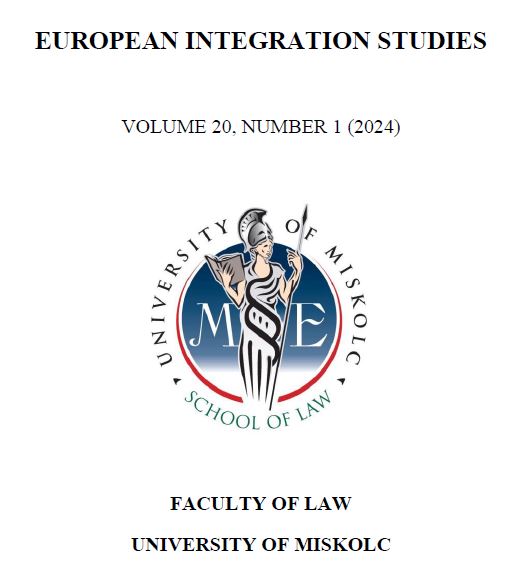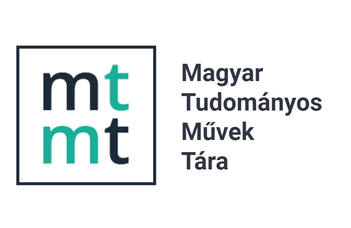The role of psychopedagogy – the development of understanding of the child
DOI:
https://doi.org/10.46941/2024.1.5Schlagworte:
children's rights, legal pedagogy, human dignity, upbringing, society.Abstract
The discussion on human rights always refers to the relationship between a person and a specific authority. The rights of a given person are the element that is supposed to allow them to effectively demand their own dignity, in particular in a situation in which they experience a specific injustice. The harm felt is most often caused by a clear disproportion between the rule of a specific institution or ruler and the capabilities of a person. That is why we talk, for example, about the need to guarantee the rights of a patient in a situation where a hospital or educated doctors make the patient feel aggrieved. A slightly different situation concerns the rights of the child. Here too, we have an element of power. We are talking here about parental authority. However, this is a different type of relationship. The authority mentioned here is presented by people who (most often) care for and love the child. At the same time, however, the child mentioned here is in the position of a person who in certain situations must adapt to the will of the parents. Is such a situation always necessary? Can children's rights introduce a specific democratic system in the family? What is the connection between children's rights and the obligations of the youngest? When speaking about children's rights, should we always remember the aforementioned obligations?
This article will attempt to answer these questions.
Literaturhinweise
Andrzejewski, M. (1999) Legal protection of the family. Warsaw: School and Pedagogical Publishing House.
Balaguer, L. (2010) Twentieth Anniversary of the UN Convention’, Children in Europe, 17, pp. 2-4.
Bińczyk, E. (1999) What the authorities are whispering about (according to Michel Foucault)’, Artistic and Literary Review, 9, pp. 67-72.
Błeszyński, J. J., Rodkiewicz-Ryżek, A. (2010) ‘Protection of children's rights in the light of Polish and international standards’, Pedagogika Christiana, 30(2), pp. 95-110; https://doi.org/10.12775/PCh.2012.026.
Buksik, D. (1997) ‘Selected psychological theories of human development’, Seminare, 13, pp. 147-166; https://doi.org/10.21852/sem.1997.12.
Czyż, E. (2002) Child rights. Warsaw: Helsinki Foundation for Human Rights.
Czyż E., Szymańczak J. (1993) Children's rights in the family, Around children's rights. 1st edn. Warsaw: Helsinki Foundation for Human Rights.
Frieske, K. (2001) Sociology of law. Warsaw: Iuris Publishing House.
Jaros, P. (2013) Ombudsman for Children's Rights in Poland. Warsaw: Office of the Ombudsman for Children's Rights.
Kozak, M., Kusztal J. (2014) ‘The principle of the child's best interests and its implications for legal socialization in the school environment’, Edukacja radna, 34, pp. 89-103.
Kiliańska, A. (2012) The concept and content of parental authority’, Catholic pedagogy, 3, pp. 141-149.
Kmieciak, B. (2017) ‘Paradoxes and gaps of Polish regulations on the use of assisted reproductive techniques’, Family Forum, 7, pp. 183-201; https://doi.org/10.25167/FF/2017/183-201.
Morawski, J. (2003) Aggression replacement training. “Training materials”. Warsaw: Amity Institute.
Osiatyński, W. (2011) Human rights and their limits. Kraków: Znak Social Publishing Institute.
Pieniążek, A., Stefaniuk, M. (2003) Sociology of law - outline of the lecture. Warsaw: Zakamycze Publishing House.
Petrażycki, L. (1968) Introduction to the study of legal policy. Warsaw: National Scientific Publishing House.
Skrzypek, M., Szłapka, K. (2003) Child rights in the European Union. Koszalin: Regional European Information Center.
Szymańczak, J. (1996) The European Convention on the Exercise of Children's Rights as another element of the legal protection of children. Warsaw: Department of Economic and Social Analysis, Chancellery of the Sejm.
Stuchliński, J. A. (2010) ‘Child protection in the moral and ethical dimension, Children's needs and rights, legal and social aspects’, Zeszyty Nauk, 2010/3, pp. 27-37.
Węgrzyńska, A. (no date) Children's rights - basic information. Warsaw, UNICEF: Educational Materials (Author's Archive).
Włodarczyk, R. (2012) ‘Korczakowski's postulate and justification of the child's right to respect. A sketch of pedagogical deontology and asylum pedagogy’, Culture and Education, 4, pp. 63-73.
Zavalloni, G. (2010) The natural rights of the child’, Children in Europe, 17, pp. 40-41.
Ziółkowska A., Krawczak A. (no date) Who did you get your eyes from? After in vitro., "Political Critique,", [Online]. Author's archive, Previously available at: http://www.krytykapolityczna.pl/artykuly/zdrowie/20150403/krawczak-vitro-nie-jest-tylko-kwestia-medyczna-rozmowa (Accessed: 12 December 2023).
UN, (1959) The Declaration of the Rights of the Child Adopted by the United Nations General Assembly on November 20, [Online]. Available at: https://digitallibrary.un.org/record/195831?v=pdf (Accessed: 12 December 2023).





